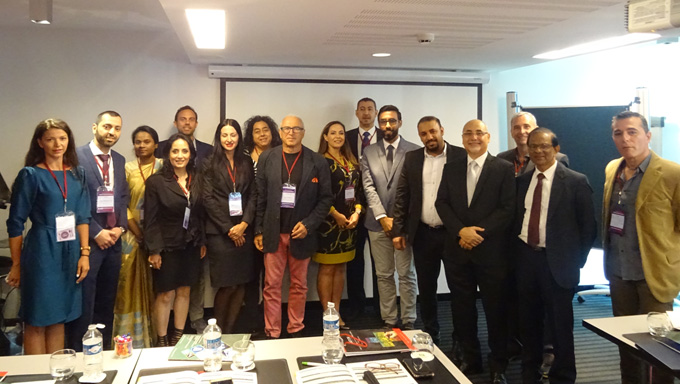
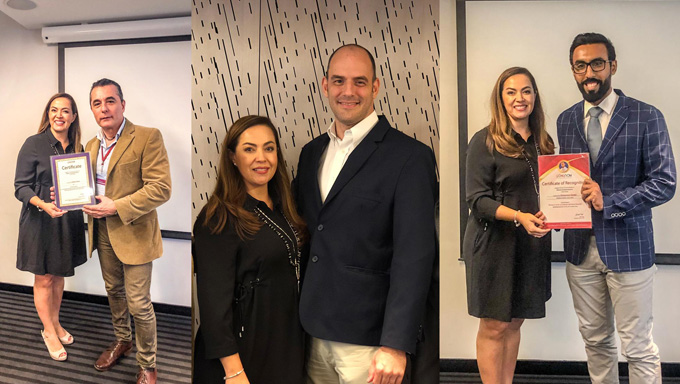
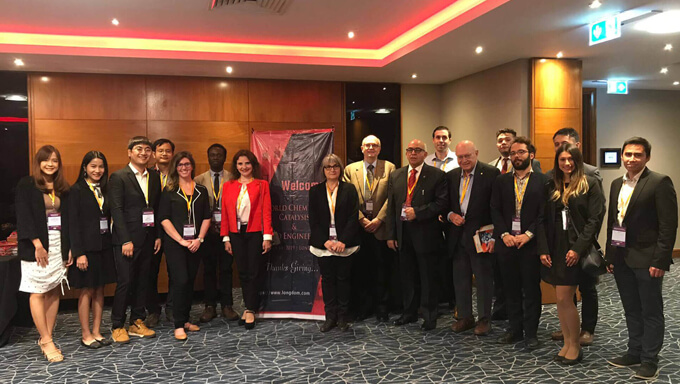
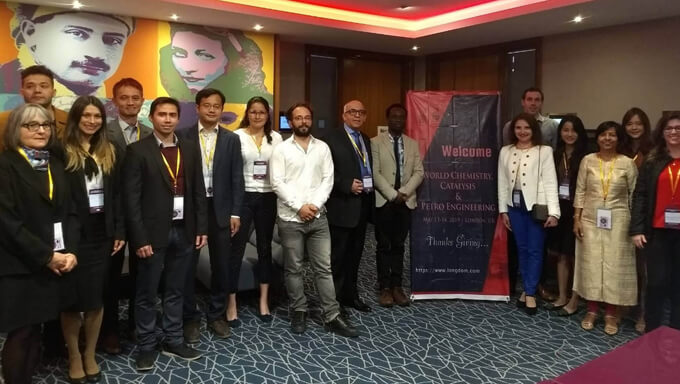
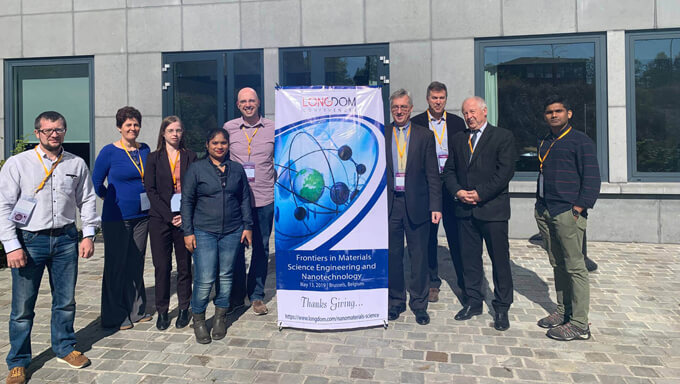
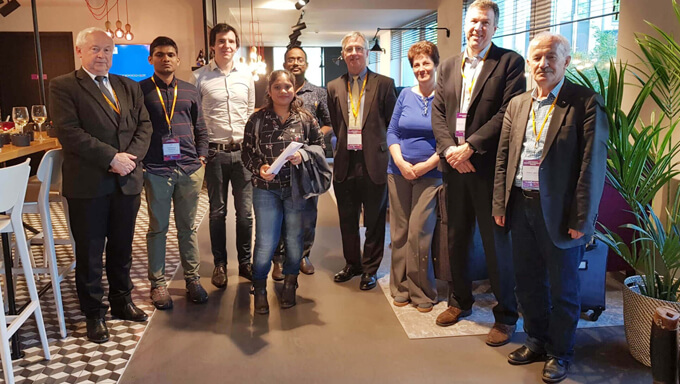
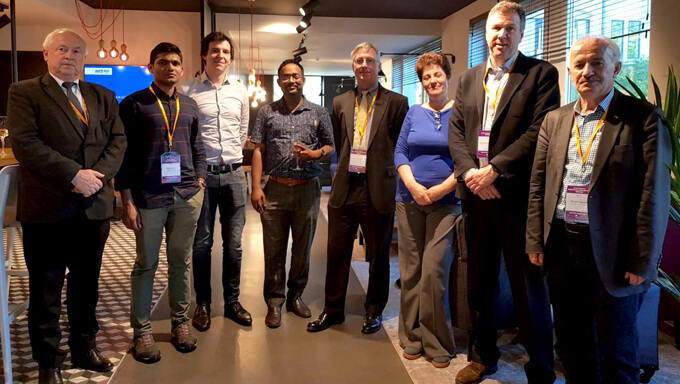
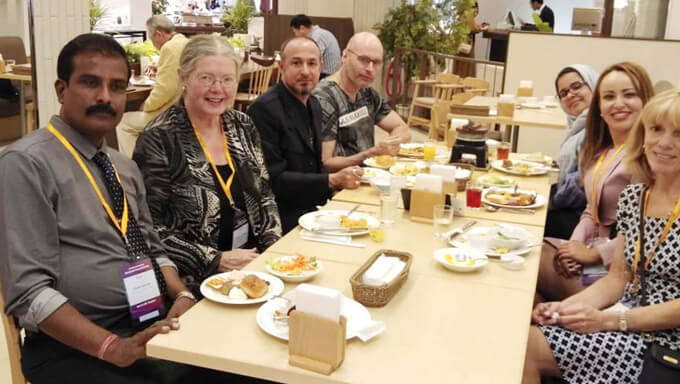
This session will focus on the latest advancements in genomics and molecular biology, emphasizing their application in disease prevention, diagnostics, and personalized medicine.
This session addresses the integration of technology in healthcare, highlighting devices, AI, robotics, and other engineering solutions to enhance patient care.
This session will examine emerging trends in public health, epidemiology, and policy impact on population health.
Explore the latest immunology research, vaccines, and approaches to fighting infectious diseases.
Focus on the breakthroughs in stem cell therapies, tissue engineering, and ethical considerations in regenerative medicine.
This session covers innovations in clinical trials, emphasizing data management, safety, and ethical considerations.
Covering new therapies, early detection, and personalized treatments to improve cancer patient outcomes.
This session delves into the transformative role of informatics and digital tools in healthcare.
Exploring neuroscience innovations and mental health research to understand brain function and mental illness.
Focusing on the management and prevention of chronic diseases through innovative solutions and lifestyle changes.
This session examines emerging trends in drug discovery, pharmacogenomics, and drug delivery systems.
Discussions on the impact of nutrition and metabolism in disease prevention and health promotion.
This session focuses on healthcare delivery models, policy reforms, and economic aspects of healthcare.
Focus on biomaterials and nanotechnology’s role in drug delivery, tissue engineering, and diagnostics.
Examines the impact of environmental and occupational factors on health, with a focus on preventive measures.
The session on "Health Benefits of Marine Resources" in the biomedical and health science webinar will explore the immense potential of marine organisms in promoting human health and wellness. Topics will include the nutritional benefits of marine omega-3 fatty acids, seaweed, and algae as superfoods, and the role of marine-derived proteins in muscle recovery. The discussion will also delve into therapeutic uses such as marine collagen for skin and joint health, bioactive compounds for treating chronic diseases like cancer and diabetes, and probiotics from marine sources for gut health. Furthermore, the session will address sustainable harvesting of marine resources to balance ecological conservation with nutritional needs, while providing insights into safety concerns like mercury levels and seafood allergies. This session promises a deep dive into how marine resources are shaping the future of medicine and nutrition.
Nutritional Powerhouses of the Ocean
Therapeutic Applications of Marine Compounds
Sustainable Use of Marine Resources
Marine Resources in Chronic Disease Management
Safety and Challenges in Marine Nutrition
We let our ground-breaking work and our amazing clients speak for us…… LONGDOM conferences